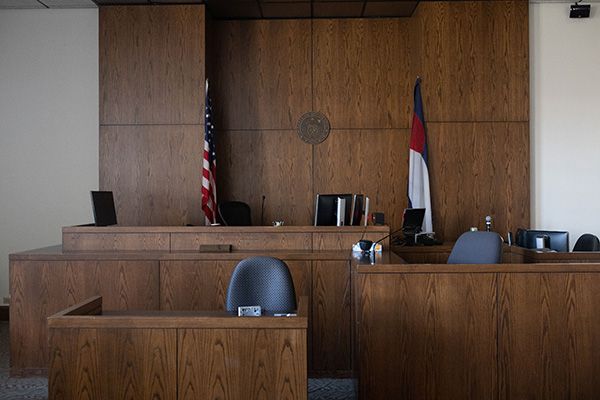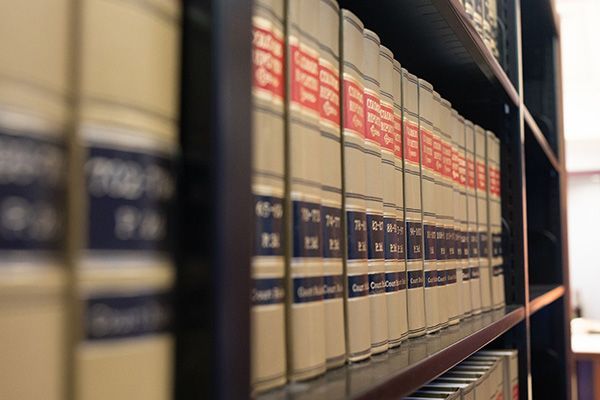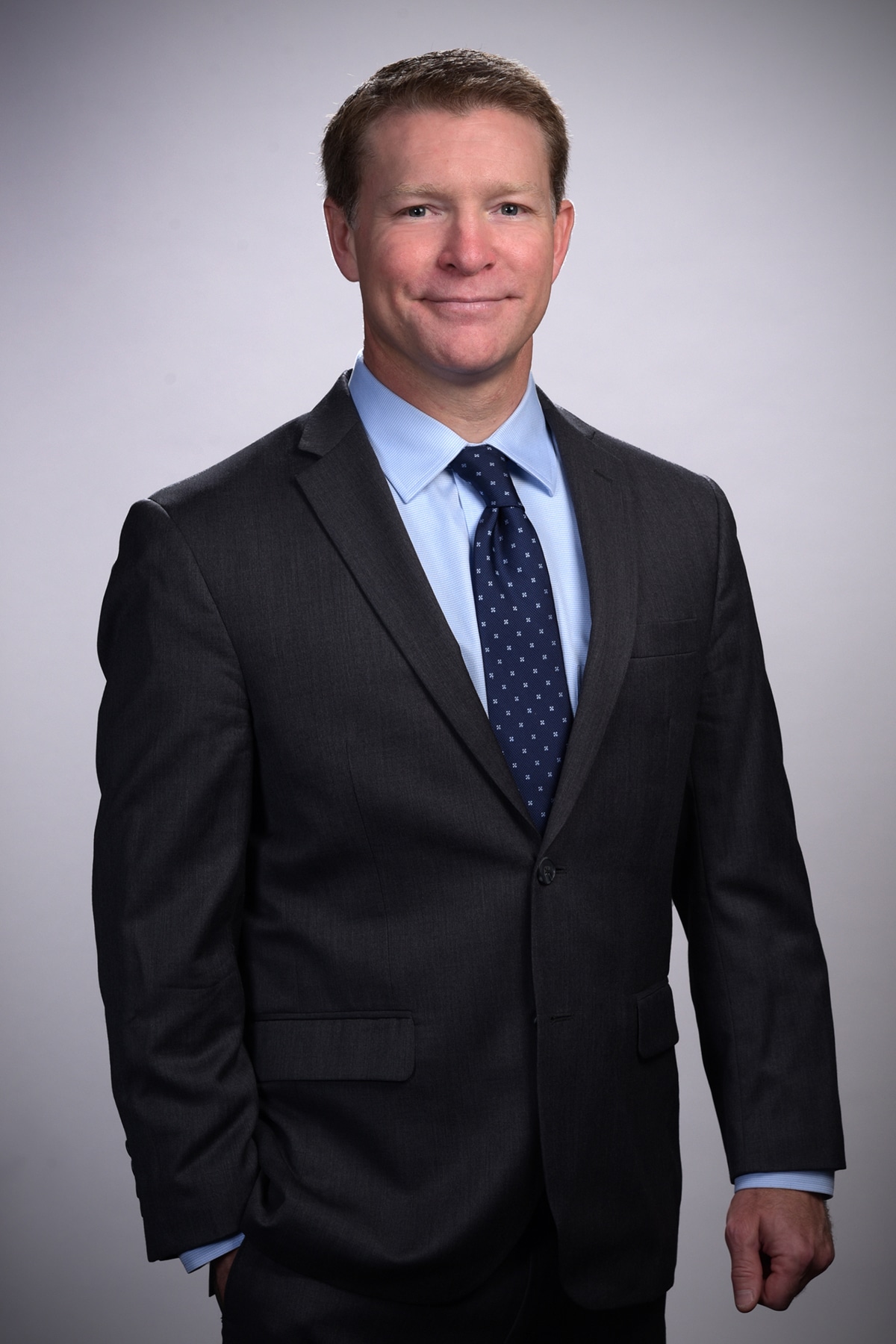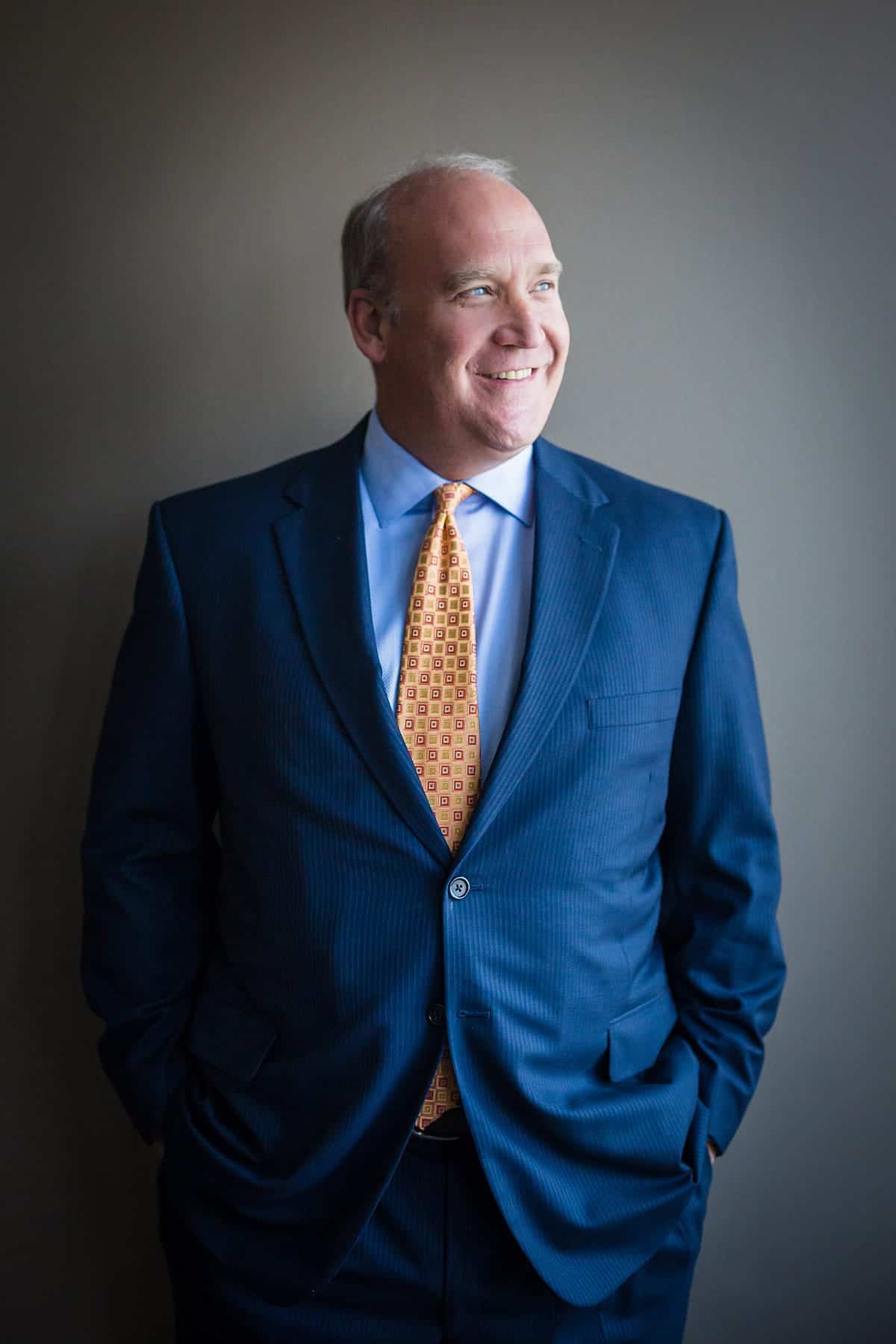Commercial litigation cases primarily fall into one of two categories: 1) contract claims and 2) tort claims. A “tort” is a wrongful act, or an infringement of a legal right of another, that causes injury. A tort can be intentional, accidental or in between, and can arise from decisions or definitions by courts or by statute. Common business torts include breach of fiduciary duty, fraud and misrepresentation, tortious interference, and conversion. In each, some basic business principle, such as truthfulness, has been violated. When this ripens into an open dispute, with damages at stake, a lawsuit can arise and the courts become involved.
The trial attorneys at Ogborn Mihm LLP have decades of experience representing clients in business tort litigation. Unlike many business litigation firms, who usually litigate on paper and settle, we have substantial experience trying such cases to juries and judges. We are true trial lawyers. Settlement negotiations are much more productive when opposing counsel knows we can, and will, try the case if necessary. We have successfully represented clients in hundreds of jury trials, bench trials, and arbitrations involving a wide variety of business disputes, including the following:
Breach of Fiduciary Duty
A fiduciary is a person (or company) with a legal obligation to act in the best interests of another, even if it results in a disadvantage to the fiduciary. Businesspeople, for example, can have fiduciary duties to shareholders, investors, partners, or others. They are responsible for doing what’s best for someone else, not themselves. Fiduciary duties can arise in a wide range of business circumstances:
- An officer or director of a corporation have fiduciary duties to the company’s shareholders;
- A majority owner of a company can have fiduciary duties to the minority owners;
- Business partners have fiduciary duties to each other;
- A manager of a limited liability company can have fiduciary duties to the LLC’s members;
- An agent can have a fiduciary duty to the principal;
- A stockbroker or investment adviser can have a fiduciary duty to a client-investor;
- An executor or personal representative of an estate has fiduciary duties to the decedent’s heirs;












